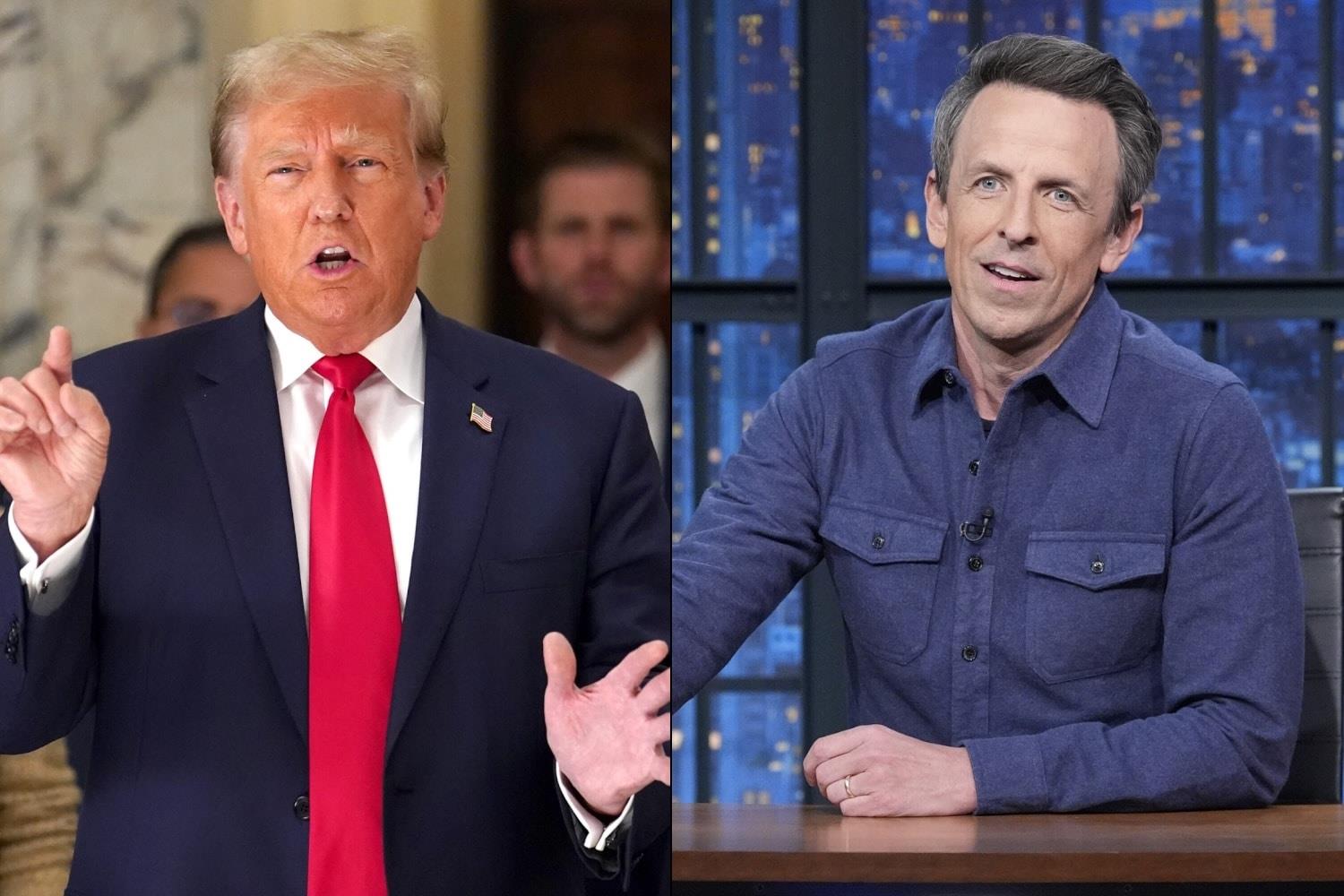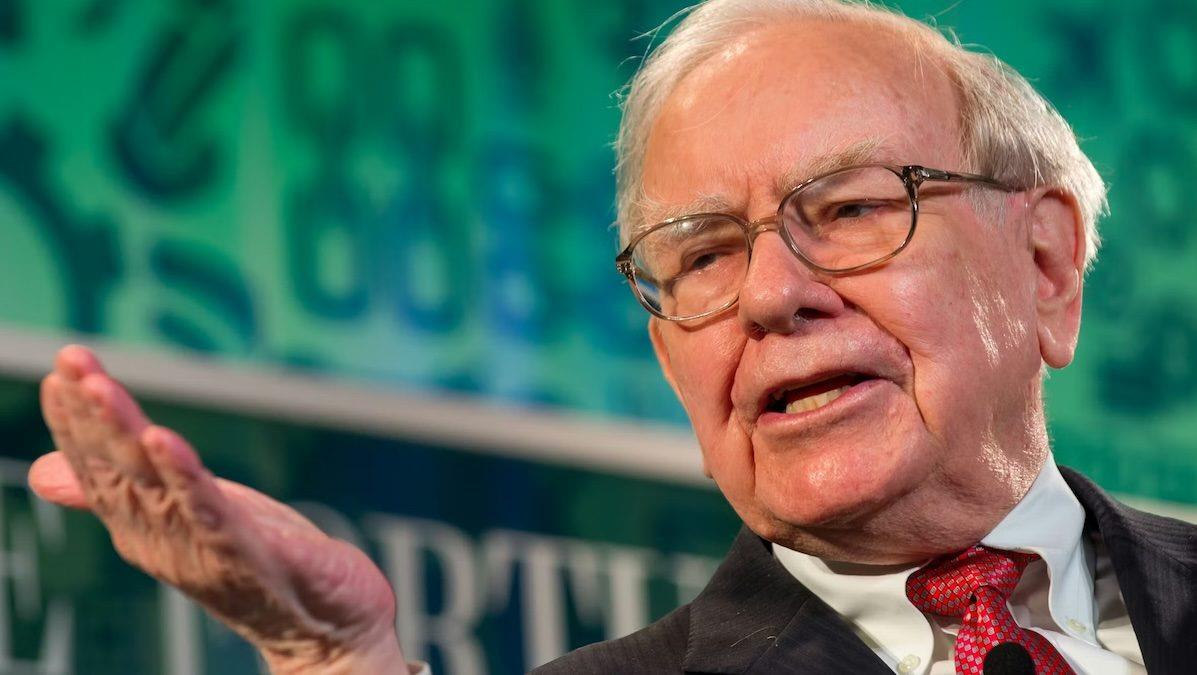
Extradite Or Not, India Ought To End Its Hasina Dependency
Instead of refusing the request or providing her shelter, New Delhi could use this moment to strategically recalibrate its relationship with Dhaka. This recalibration must be grounded in principle and long-term goals.
India should consider facilitating a mediated return for Hasina while also expanding its focus beyond her and the Awami League to build more durable, people-oriented ties with Bangladesh.
The gravity of the tribunal's verdict against Sheikh Hasina is undeniable. The ICT found she ordered lethal force during the 2024 student-sparked uprising, utilizing drones, helicopters and live ammunition, resulting in an estimated 1,400 deaths according to the United Nations.
Despite Dhaka's firm extradition request under their shared 2013 treaty, New Delhi has responded cautiously and diplomatically. India's reluctance is likely more than mere bureaucratic foot-dragging and suggests it has legitimate legal grounds to delay.
Crucially, the bilateral treaty contains a“political offense” exception and India's own Extradition Act permits the discretionary refusal of requests deemed politically motivated or those involving human rights risks.

Legal Disclaimer:
MENAFN provides the
information “as is” without warranty of any kind. We do not accept
any responsibility or liability for the accuracy, content, images,
videos, licenses, completeness, legality, or reliability of the information
contained in this article. If you have any complaints or copyright
issues related to this article, kindly contact the provider above.





















Comments
No comment